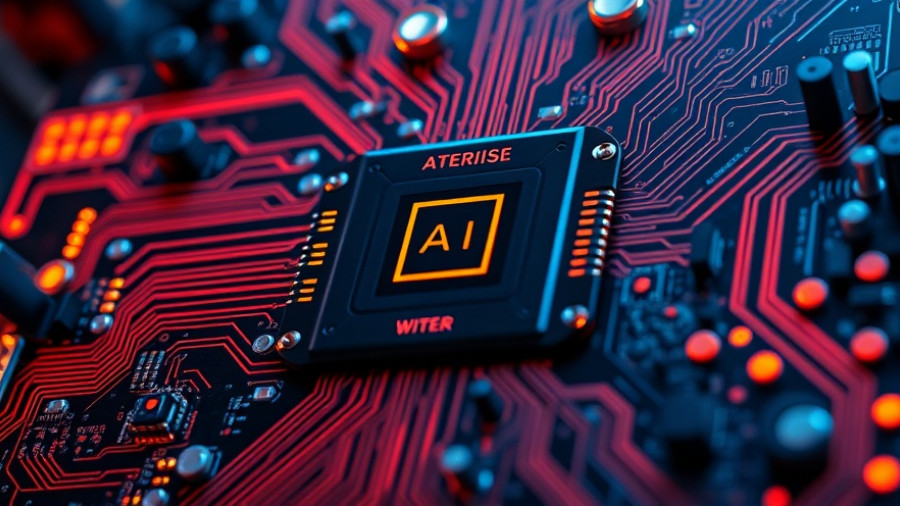
Unlocking the Power of Stillness: A Meditation Journey
In today’s fast-paced world, it’s not uncommon to feel overwhelmed by our emotions. Many people find that moments of stillness can amplify feelings of restlessness or discomfort. In the insightful meditation session led by Zen Master Henry Shukman, titled *How to Calm Your Inner Storm*, we are reminded of the importance of accepting these feelings rather than resisting them. This guided meditation serves as a tool for navigating our inner landscape with compassion.
In *How to Calm Your Inner Storm — Guided Meditation to Tame Restlessness with Zen Master Henry Shukman*, we explore key insights into managing difficult emotions, prompting us to delve deeper into their significance in meditation.
Understanding Difficult Emotions in Meditation
Often, we equate meditation with tranquility, yet the reality can be quite different. As Shukman notes, feelings such as worry, regret, and frustration can surface during moments of quiet and introspection. Recognizing these emotions as potential hindrances can empower us to embrace them instead. In Buddhism, these emotions are viewed not as obstacles but as opportunities for personal growth and deeper engagement with meditation practices.
Embracing Restlessness: A Path to Acceptance
Shukman’s approach encourages us to acknowledge feelings of restlessness as natural. Rather than allowing them to derail our meditation, we learn to welcome and explore them. By identifying where we feel this energy in our body—whether it’s in the chest or belly—we start to build a sense of mindfulness. This can transform our meditation from a struggle to an introspective journey that ultimately connects us to our inner selves.
The Value of Stillness
One major takeaway from this meditation is the power of stillness. When we take the time to sit with our feelings, we create space for healing and understanding. Shukman highlights that the act of simply *being still* is one of the most transformative aspects of meditation. In our overly busy lives, this powerful approach can help us reconnect with ourselves, allowing for emotional release and appreciation of the present moment.
Practicing Self-Compassion through Meditation
Ultimately, developing a meditation practice that includes embracing difficult emotions fosters greater self-compassion. By naming our feelings—like stating “restlessness is present”—we acknowledge their existence without judgment. This can lay the groundwork for healthier emotional processes, which is invaluable for mental well-being.
In our journey toward understanding ourselves through meditation, learning to accept rather than suppress our feelings becomes essential. If you're seeking to explore this further, consider incorporating moments of stillness into your daily life, allowing yourself to feel, accept, and grow.



Write A Comment